BTRC allows mobile operators to offer wireless broadband
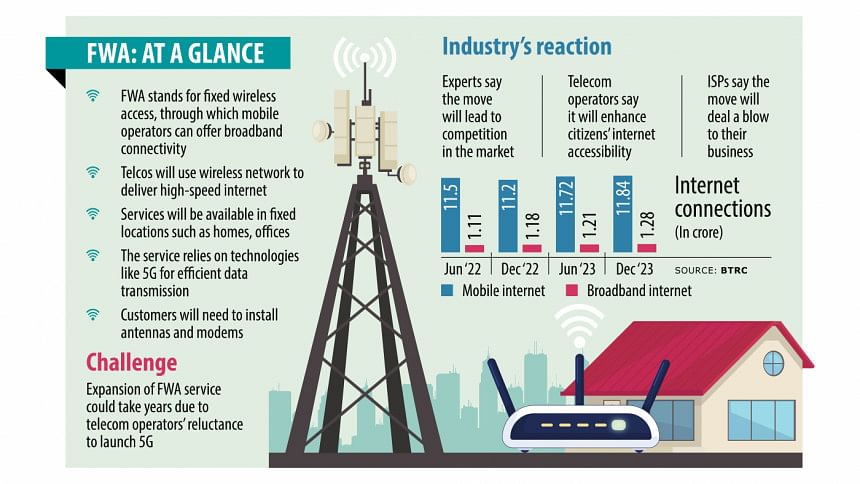
The internet regulator has allowed telecom operators in Bangladesh to provide fixed wireless access (FWA), enabling their users to get wifi connections without cables.
The move will likely transform the broadband internet business in the country, creating competition among current broadband internet service providers (ISPs) and telecom operators as users will have more options.
With the new 5G guidelines coming into force, operators with FWA service approval will be able to offer high-speed internet access through wireless networks to fixed locations like homes and businesses.
It will also extend broadband coverage efficiently, especially in areas with limited wired infrastructure.
FWA generally leverages the high-speed, low-latency capabilities of 5G networks to deliver broadband internet access wirelessly.
However, as the country's telecom operators are still reluctant to launch 5G commercially, the expansion of the service will take time, according to industry people.
In Bangladesh, telecom operators provide mobile internet services while ISP licensees provide broadband services.
Generally, mobile operators deliver mobile internet services through cellular networks, utilising technologies such as 3G, 4G and 5G. These networks enable wireless data transmission to smartphones and tablets, offering flexibility and mobility.
Broadband operators provide broadband internet via fixed-line connections like cables or fibre optics, ensuring stable and high-speed connectivity with greater bandwidth and reliability compared to mobile networks.
But now, mobile network operators will be able to offer similar services. Customers will just require an outdoor antenna for signal reception, an indoor modem or router, and a subscription plan from the operator.
"It is a good initiative to expand internet access. It will help realise the government's Smart Bangladesh vision as internet is the most important tool for it," said TIM Nurul Kabir, a telecom expert.
There are about 13.13 crore internet subscribers in Bangladesh, of which 11.84 crore are mobile internet subscribers. The rest 1.28 crore are broadband users, according to data of the Bangladesh Telecommunication Regulatory Commission (BTRC).
Shahed Alam, chief corporate and regulatory officer of Robi Axiata Ltd, welcomed the move.
However, he said, considering the complexities in the fibre ecosystem in Bangladesh, there are certain challenges that need to be addressed for providing such services.
"We also need to keep in mind that access to fibre and dense network sites is a precondition for a wider 5G FWA service. We are hopeful of introducing FWA services after resolving the complexities."
Hossain Sadat, a senior director at Grameenphone, said they appreciate the time-befitting initiative of the BTRC.
"We are currently assessing the guidelines and will determine our next course of action upon receiving the formal licence."
However, broadband service providers are alarmed by the new move, fearing a potential downturn in their business in the future.
Md Emdadul Hoque, president of the Internet Service Provider Association of Bangladesh, said thousands of young people are employed by broadband internet businesses.
"The government should protect these small entrepreneurs," he said, urging the government to backtrack from the decision.
Currently, there are more than 3,000 ISPs in Bangladesh.
Abu Saeed Khan, a senior policy fellow at LIRNEasia, a Colombo-based think-tank, said FWA is a universal tool for 5G and an integral part of it.
"It is the only way to achieve mass penetration of broadband across the country."
He thinks ISPs should be allowed to provide various digital services, including video-streaming, and the government must not dictate their prices.
Besides, ISPs and mobile operators should be permitted to purchase wholesale internet, eliminating barriers created by International Internet Gateway (IIG) and Nationwide Telecommunication Transmission Network (NTTN) services, Khan added.
In Bangladesh, IIG manages international internet connectivity while NTTNs facilitate nationwide fibre optic infrastructure.
An official of the BTRC said the regulator allowed mobile operators to launch the FWA service, keeping the future rollout of 5G in mind.
FWA services have gained traction in neighbouring countries in recent times.
In September last year, Reliance Jio launched its FWA device -- Jio AirFiber -- across eight cities in India, according to the Economic Times.
The move came just over a month after rival Bharti Airtel introduced its own device in two cities as both companies are making their initial attempts at monetising 5G services.
5G is developing rapidly worldwide, with more than 260 networks and more than 1.2 billion users.
5G FWA has become a mainstream service for half of 5G operators and amassed more than 10 million users, said Mobile World Live, the official news portal of GSMA, quoting Huawei Vice-President Yang Tao in September.

 For all latest news, follow The Daily Star's Google News channel.
For all latest news, follow The Daily Star's Google News channel. 


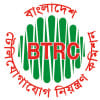
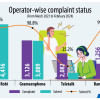
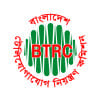
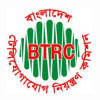


Comments